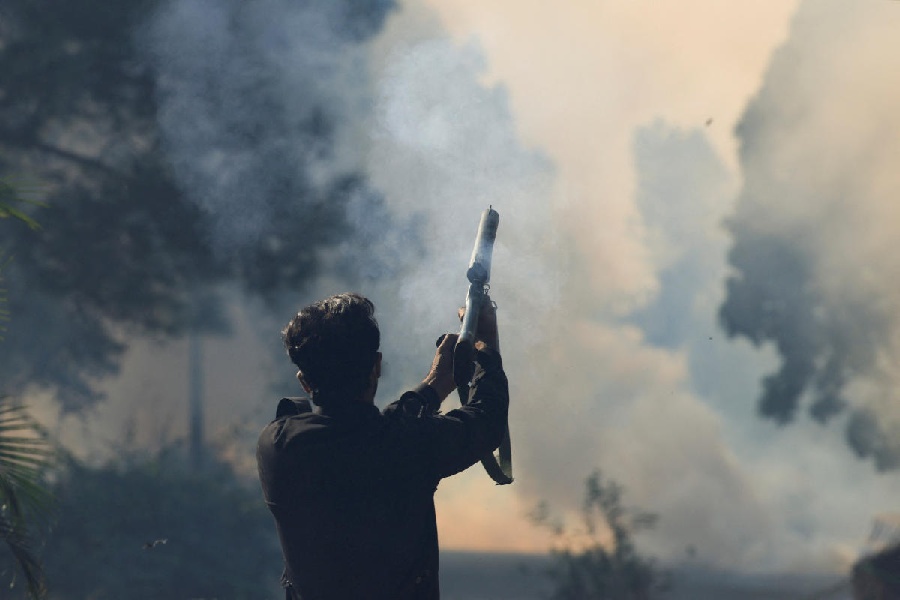Pakistan’s general election took place on February 8, 2024. The former prime minister and founder chairman of the Pakistan Tehreek-e-Insaf, Imran Khan, was hurriedly sentenced in three cases one after the other just before the election. The PTI’s iconic election symbol, a bat, was taken away as well after a court verdict. Some were convinced that this would put the PTI in a difficult position as its candidates would not have the same election symbol. However, PTI supporters surprised everyone by voting in high numbers for their candidates. The 2024 election became as controversial — if not more — than the 2018 general election due to allegations of rigging. Despite everything, the PTI was able to win the most seats at the federal level and also was easily able to form a provincial government in Khyber-Pakhtunkhwa.
It has been one year since the election and things have not settled down politically. In fact, they have gotten worse because there has been no conflict resolution. Khan is still behind bars. Dialogue between the PTI and the government had hardly begun before it ended. Observers say that while the PTI’s popularity has not waned, the Shehbaz Sharif-led government has consolidated itself both economically and systematically. The way in which the hybrid government has managed to control the judiciary through the 26th constitutional amendment and new appointments to the judiciary is a clear sign of the control that the State now has over this important institution.
After the latest bailout from the International Monetary Fund, Pakistan’s economy has also been recovering gradually and is stable according to financial experts. Political observers say that because of the economic and judicial situation, and with no indication at the moment of the Establishment being willing to engage with Khan, there is no real imminent danger to this government. This, they say, may have led to an increase in the PTI’s frustration because its protests and popularity have not led to any ‘change of heart’ when it comes to the Establishment.
Despite all this, many believe that the real resolution to most issues is through political dialogue and not authoritarianism. Both the PTI and the government should seriously start thinking of creating space for politicians rather than ceding more and more space to the hybrid regime. If they do not, then they should know that like in the last two elections, voters will be disenfranchised, once again, in the next elections — whenever they take place. This is not a good omen for any democracy.
Besides the political front, there are also challenges on the diplomatic front. Pakistan’s relationship with the Afghan Taliban regime is not ideal. Pakistan’s permanent representative to the United Nations, Munir Akram, has highlighted the need to address and take action against the threat posed by terrorist safe havens existing in Afghanistan. He said that the threat posed by Daesh, Tehreek-e-Taliban Pakistan and Majeed Brigade “is a threat not only to Afghanistan and Pakistan but to the entire region and beyond... We must sincerely address the terrorist threats from Afghanistan”. Pakistan has called out the Afghan Taliban for providing safe havens to terrorists who carry out cross-border attacks but the regime in the neighbouring country is pretending as if there is no problem. Regional experts had been warning Pakistan for years that the TTP and the Afghan Taliban are one and the same — just with different targets. Now it is all too clear that those experts were right.
The old Establishment and the PTI government had adopted policies that were pro-Taliban and started negotiations with the TTP. The current Establishment and the government have reversed this policy and have taken a clear position on the issue of terrorism. Experts say that the real issue here is that of consistency. Policies change with every change of command, especially in the military. If Pakistan adopts a clear policy regarding the Taliban, there will be more clarity and we will be able to rid the country of terrorism. There needs to be a consensus on this issue along with consistency and, more importantly, political stability.
Mehmal Sarfraz is a journalist based in Lahore; mehmal.s@gmail.com










